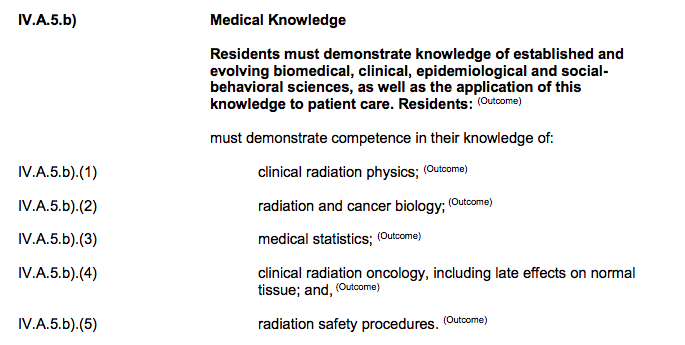- Joined
- Oct 4, 2017
- Messages
- 5,443
- Reaction score
- 10,682
- Points
- 5,711
- Attending Physician
FYI, courts hate to get involved in this kind of thing and will defer to the ABR. They will not take jurisdiction away from a professional society. A federal court is simply not going to substitute its judgement for that of the ABR, barring something completely outrageous like only failing candidates of color. (this is coming from a 1000$/hour lawyer from big law). Any lawyer that tells you otherwise is stealing your money.
Regarding leadership of ASTRO: they care less than zero and if anything see this fiasco as a bonus, potential increase in fellowship candidates. They have more than doubled resident slots over the past 10-15 years, which in the long run is of much greater damage to salaries and mobility than this exam, which will undoubtedly be an annoying blip in your careers.
Regarding leadership of ASTRO: they care less than zero and if anything see this fiasco as a bonus, potential increase in fellowship candidates. They have more than doubled resident slots over the past 10-15 years, which in the long run is of much greater damage to salaries and mobility than this exam, which will undoubtedly be an annoying blip in your careers.
Last edited:

